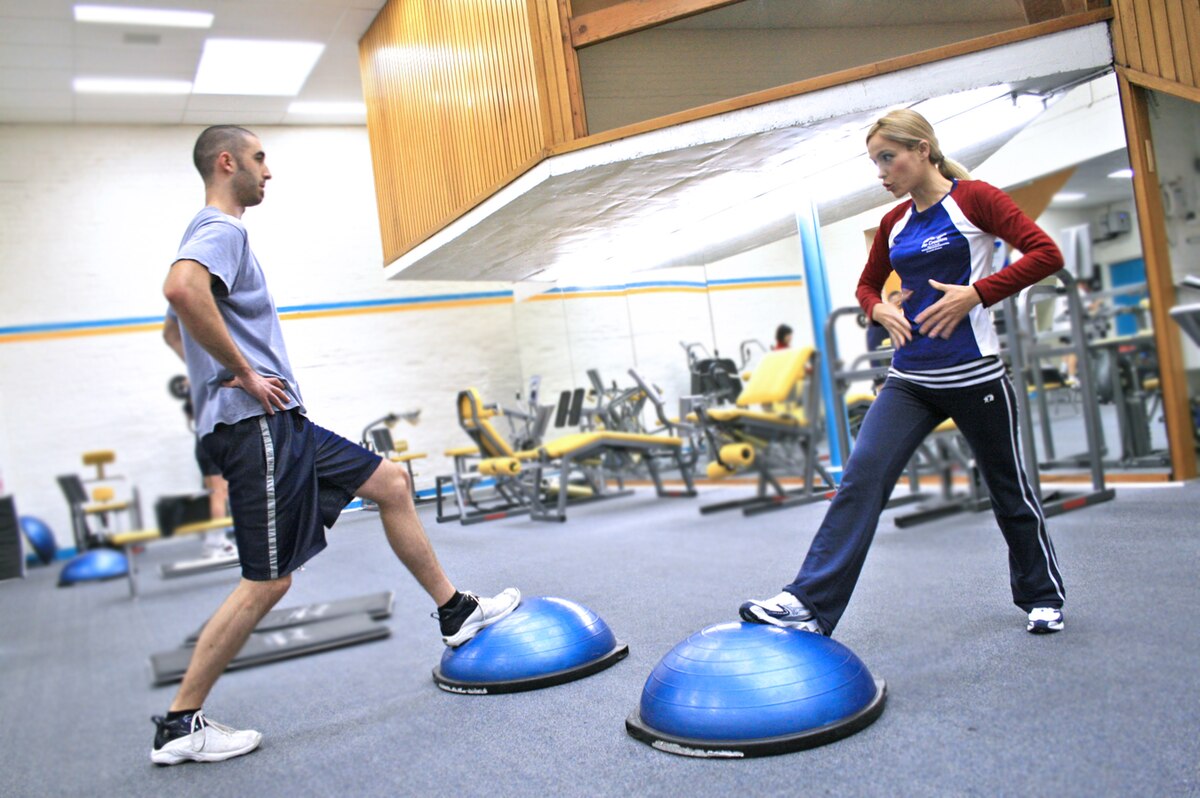Are you considering becoming a personal trainer but don’t have the certification or experience needed? Don’t worry – it is still possible to pursue this career without either. This article will discuss how you can become a personal trainer even if you lack credentials or prior experience.
We will look at the various options available to help you on your journey and provide some tips for getting started. So, keep reading to find out more about how you can make your dream of being a personal trainer a reality!
The Benefits of Professional Certification in Personal Training
Professional certification is an important factor in becoming a successful personal trainer. It not only provides recognition by peers and potential clients but also offers the opportunity to specialize in areas such as strength training, sports conditioning, injury prevention, nutrition counseling, or cardiac rehabilitation. With professional certification, personal trainers gain the credibility they need to stand out among their peers and expand their clientele base.
Certifications allow personal trainers to demonstrate that they have met industry standards of knowledge and skill required to provide safe instruction for clients. This can give peace of mind both for clients who may be new to exercise or unfamiliar with certain fitness techniques as well as those seeking advanced guidance from a qualified expert.
Furthermore, certified personal trainers often receive additional education through workshops and seminars which aid them in staying up-to-date on current trends within the health and wellness sector. The benefits of being professionally certified go beyond just gaining knowledge; it increases job security by providing assurance that prospective employers require when hiring new staff members.
Additionally, certifications can help open doors to other employment opportunities within the field including teaching classes at gyms or universities or even writing articles about fitness topics for publication outlets such as magazines or online sites like blogs. In conclusion, having professional certification is essential when striving towards success within the field of Personal Training – Whether you are looking for more advancement possibilities or simply want to make sure your skills are up-to-date with industry standards – credentials are key!
Is It Possible to Become a Personal Trainer Without Certification?
:max_bytes(150000):strip_icc()/1229776-Stocksy_804672-37d2e8ab1f294ec5a704731731eb914b.jpg)
When it comes to becoming a personal trainer, many people may think that certification is the only way forward. However, this isn’t necessarily true and there are some ways for aspiring trainers to get started without any formal credentials.
One of these methods is through gaining experience in the field by observing other professional trainers and gathering knowledge from their approaches or even shadowing them at work. This approach allows individuals to build up both theoretical and practical fitness understanding which can be used as an alternative form of qualification when applying for jobs as a trainer.
It also allows the development of skills such as communication, problem-solving, client relations, and time management which will prove invaluable in the role. Another option is taking part in unpaid internships with gyms or health clubs where you can hone your expertise while having access to experienced professionals who can offer guidance on what makes a successful trainer.
These experiences can provide potential employers with evidence of prior involvement within the industry along with practical skill sets applicable across different aspects of personal training roles. Ultimately, although certification offers more recognition within the profession it’s not always necessary for those who wish to pursue a career as a Personal Trainer; experience combined with motivation, drive, and determination remain essential components for success regardless of whether someone has qualifications or not!
Leveraging Non-Traditional Sources of Expertise in the Field of Fitness
The traditional route to becoming a personal trainer involves gaining certification and experience in the field, typically through an apprenticeship or internship. While aspiring trainers can acquire both of these qualifications, there are alternative methods for obtaining the necessary knowledge and expertise.
Leveraging non-traditional sources of fitness knowledge can serve as a viable option for those unable to pursue formal qualifications or who wish to supplement their existing training. These non-traditional sources can include online courses, seminars, lectures, workshops, and even blogs from experienced trainers.
These resources provide individuals with comprehensive instruction on exercise techniques and nutrition plans without needing any official certifications. Those using these types of resources must understand how to assess their accuracy since many may not be accredited by authoritative bodies such as colleges or universities.
Aside from educational material found online, aspiring trainers can also look into clinical settings such as hospitals or nursing homes where they can gain supervised experience in working with patients suffering from specific conditions related to health and fitness. This type of real-world experience allows trainees to hone their skills while learning about new treatments within the field of medicine which could help them become better equipped when it comes time for them to work directly with clients on a one-on-one basis.
Ultimately, whether opting for traditional routes like gaining certifications or pursuing more unconventional paths towards acquiring expertise within the field of fitness; understanding what options are available is key when looking into becoming a personal trainer without either certification or experience .
Conclusion

There is no single answer to the question of whether or not one can become a personal trainer without certification or experience. It depends on the individual’s situation and what they need to do to achieve their goals.
However, aspiring trainers need to be aware of both the potential benefits and risks associated with either alternative before making any decisions. Ultimately, it comes down to an individual’s preferences and needs when deciding if certification or experience is best for them as a personal trainer.
To learn more about this topic, be sure to research your options thoroughly so you can make an informed decision.


